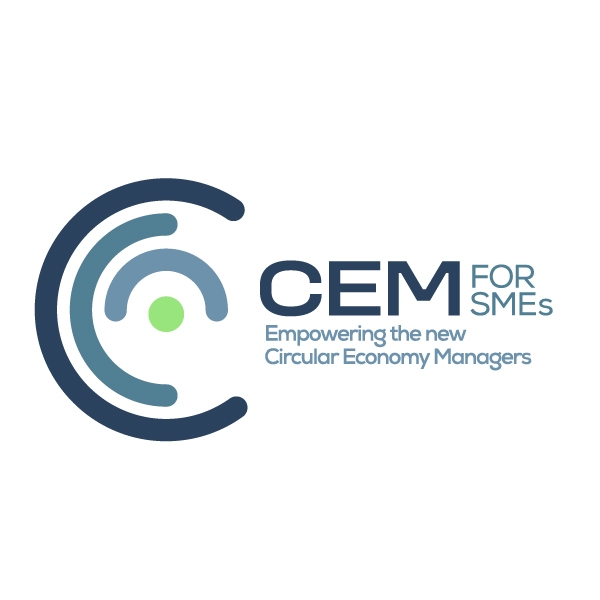The agro-food industry alone produces about 34% of total emissions, as per the EDGAR-FOOD database published in 2021 by the FAO. Pollution from this sector is still too high, and in 2022, Earth Overshoot Day arrived on 28 July - a full four months before the end of the year. It is clear that we need to reduce the pressure on the environment and optimize the resources we have. The circular economy is the new sustainable economic paradigm that can help us achieve these goals.
The circular economy aims to preserve the value of products and services over time by extending their life cycle and reducing waste. This model contrasts with the linear economy, in which products are discarded once they are used, and natural resources and energy are heavily consumed for the development of companies and territories.
The Circular Economy Manager for SMEs active in the Agri-food sector project aims to create new job opportunities and improve skills for current employees through the circular economy model. The project has four main objectives: to support the professional development of managers in SMEs to facilitate the transition from the linear to the circular economy; to foster the development of VET students' competences and the integration of skills needed for the circular economy; to develop the professional profile of the circular economy manager and define their role, increasing the quality of job opportunities; and to develop an innovative curriculum with the use of gamification elements to increase skills and establish the certification process of the Circular Economy Manager.
The project will run for 24 months, from December 2022 to December 2024, and will be divided into four phases. The first phase will be state-of-the-art research on the circular economy in all participating countries in the Food and Agriculture sector, with needs analysis divided into desk and field research. The second phase will focus on developing the Circular Economy Manager profile and curriculum. The third phase will be the design of the VET CE training model and contents, as well as the design of the pilot program. Finally, the fourth phase will focus on developing CEM mini-games and creating a policy handbook and multiplier events, with emphasis on the transferability of the curriculum to other fields.
In the long term, the transition from a linear to a circular economy is expected to be facilitated through the creation of a manager whose skills are applicable in various fields. This is expected to lead to the creation of new jobs while reducing the pollution of the planet.
The EU has recognised the great importance of the circular economy, as demonstrated by the various plans implemented, including the Green Deal and the new Circular Economy Action Plan (CEAP). Furthermore, the new EU agenda for sustainable growth recognises the circular economy as key to achieving the 2050 climate neutrality and biodiversity conservation goals. Adopting the circular economy model can have a significant positive impact on society by reducing waste, increasing job opportunities and decreasing the use of plastics.
The Circular Economy Manager for SMEs active in the Agri-food sector project recognises the need to develop or improve the skills needed by current or future employees in the circular economy sector, as it sees education and vocational training as a key mechanism to provide a skilled workforce to lead the transition to the circular economy. VET is key to encouraging circular methods, ensuring equity and addressing the skills gap.
We believe that the project has the potential to facilitate significant change and to achieve these goals will require a focus on VET. The emphasis on VET should provide individuals with the skills and competences needed for the jobs of the future.


